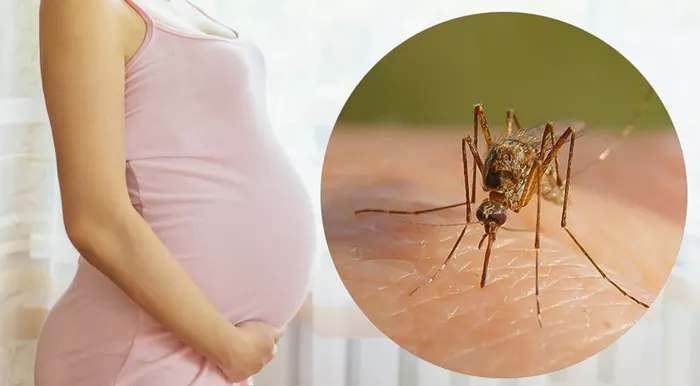During the monsoon season, the increased rain and humidity create conditions ideal for insect-borne diseases such as dengue. This illness poses a higher risk for pregnant women, making it crucial for them to take precautions and seek prompt medical help.
Dengue fever, transmitted by Aedes aegypti mosquitoes, causes symptoms like fever, headaches, eye pain, joint and muscle pain, skin rash, and sometimes bleeding from the nose or gums. Pregnant women face elevated risks due to changes in their immune systems, which can have serious consequences for both mother and baby.
Dr. Joshitha Naik from Apollo Cradle and Children’s Hospital in Jayanagar, Bangalore, emphasizes that dengue can lead to severe conditions like dengue hemorrhagic fever (DHF) and dengue shock syndrome (DSS), which can be life-threatening for pregnant women. The virus can affect blood circulation and other vital systems during pregnancy.
Dr. Naik also notes that dengue infections during pregnancy can increase the risk of preterm labor due to the stress on the mother’s body and dehydration, which may trigger early contractions.
Pregnant women with dengue can potentially transmit the virus to their babies before birth, leading to complications such as low birth weight or, in severe cases, stillbirth. Immediate neonatal care may be necessary during pregnancy or childbirth to manage potential transmission risks.
According to Dr. Naik, dengue can also complicate placental health, potentially affecting the baby’s development and triggering conditions like placental abruption, where the placenta separates from the uterus prematurely.
To prevent dengue, pregnant women are advised to minimize exposure to mosquitoes, especially during peak biting times in the early morning and late afternoon. Using insect repellents containing DEET, picaridin, or IR3535 as directed is safe. Dr. Naik recommends environmental measures such as eliminating stagnant water around homes to prevent mosquito breeding. Regularly emptying, cleaning, or covering water-holding containers like buckets and flowerpots is essential.
Wearing long-sleeved shirts, long pants, and using mosquito nets while sleeping, particularly during daylight naps, can significantly reduce the risk of mosquito bites. Ensuring windows and doors have proper screens is also crucial to keep mosquitoes out of the home.
If a pregnant woman shows symptoms of dengue fever, prompt medical attention is essential. Dr. Naik stresses the importance of timely diagnosis and supportive care to reduce serious complications. Keeping the patient well-hydrated, monitoring for warning signs of severe dengue, and managing symptoms effectively are vital for treatment.


